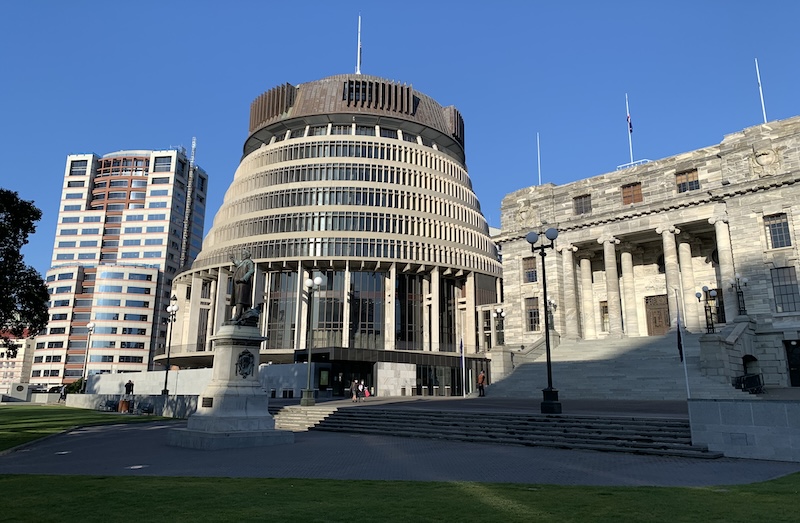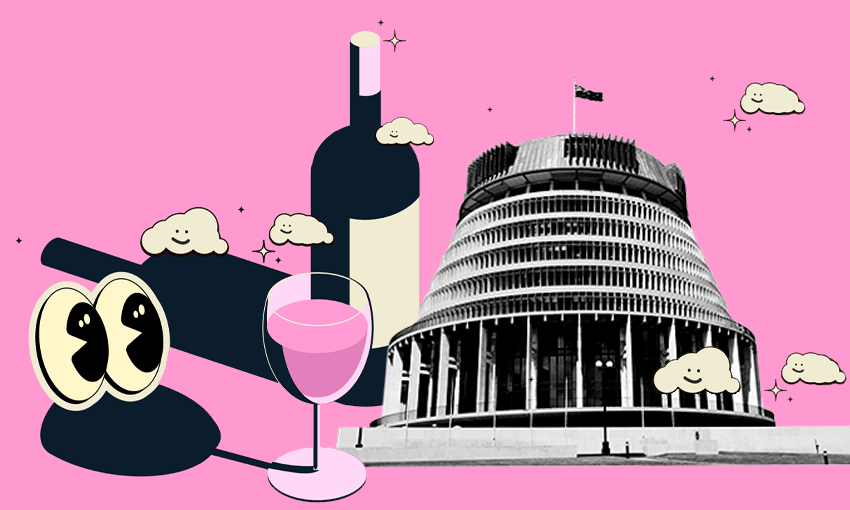Gina Williams-Folau, head of comms at Auckland PR agency Undertow Media, outlines some key steps to guide you through a media issue.
When something happens in your business that has the potential to hit the news and not in a good way, the old adage that ‘any publicity is good publicity’ might not hold true.
Unfortunately, no business or industry is immune to an occasional storm, whether it’s a product recall, a social media blunder or a bigger crisis involving key stakeholders.
Whatever the issue, handling these situations with finesse is crucial to maintaining a positive public image. You’ll need quick thinking, planning and sound communication to make the best of a bad situation and avoid a PR crisis.
Preparation is key
Before the storm hits, every company should have a well thought out crisis communication plan in place. It should contain potential scenarios, key spokespeople, communication channels, and a clear escalation process. Identify your brand’s core values and ensure your crisis communication plan aligns with them.
Even if you don’t have a crisis comms plan, the best thing you can do to prepare for a rainy day is to get some chips in the bank and start sharing your good news stories. Build your reputation with the public, make friends in the media and do good in the community so that it’s not all bad news when an inevitable issue takes place. In the future, when someone Googles your company or name, it’s not the best look if only your missteps show up.
Assemble the jigsaw puzzle
Think like an investigator or a journalist and list all the possible questions that could arise from the situation. What happened and why? Who was involved? What is their involvement with the company? How long have they been an employee? Who was the first responder? What is the company policy for xyz? The list goes on. Note absolutely everything and make sure you speak to people on the ground. Gather as much information as possible.
When engaging a PR agency, give them everything you’ve found out. They are there to help and can only work with what they’ve been told. You will get ultimate approval of what is said – their job is to craft the most logical message in the best light possible.
Engage your support partners
Call in your legal team and PR support as soon as possible. Establish the roles and responsibilities of each – legal will make sure your response is above board and outline any catches and liabilities, while PR will craft your communication for media and stakeholders and anticipate media moves. PRs need a good understanding of the law but we’re not experts in that field, just as lawyers are not experts in media and communication. Don’t get it mixed up.
Front up, fess up and fix it – fast
You’ve probably said a couple of colourful Fs if you have a media issue brewing, but once they’re out of your system, try saying these ones: Front up, Fess up, Fix it, Fast.
Front up: Don’t hide from the issue. If it makes a snappy headline, it probably won’t go away (although a good PR agency will be able to assess whether it could snowball or is likely to fizzle).
Fess up: Acknowledge the problem and take responsibility if it does lie with you. You’ll need to be very honest with yourself.
Don’t lay blame on others if it doesn’t lie with them. But if it does, work with communications professionals to ensure the language you use is carefully crafted to make this point without looking like you’re passing the buck.
Fix it: Provide a clear outline of the steps your company is taking to address the issue. Sometimes, saying your company will review the situation carefully will suffice, other times you’ll need to have clear operational actions to communicate.
Fast: The key point is speed. Don’t delay figuring out exactly what happened and why, who needs to front up, how you’ll communicate your responsibility and how you’ll fix it. In the absence of information, rumours and speculation can take root, causing further damage to your brand’s reputation.
Use social media wisely: Engage, don’t escalate
Social media platforms can either be a powerful ally or a formidable adversary for crisis comms. It’s essential to engage with your audience on these platforms thoughtfully. Avoid confrontations, stay professional, and focus on disseminating accurate information.
Above everything, monitor the conversation closely. Make sure the person posting and responding to comments is skilled and equipped with the most up-to-date, accurate info. Social media can be a valuable channel for rebuilding trust and showcasing your brand’s dedication to transparency and accountability, but it needs to be done right.





















Discussion about this post